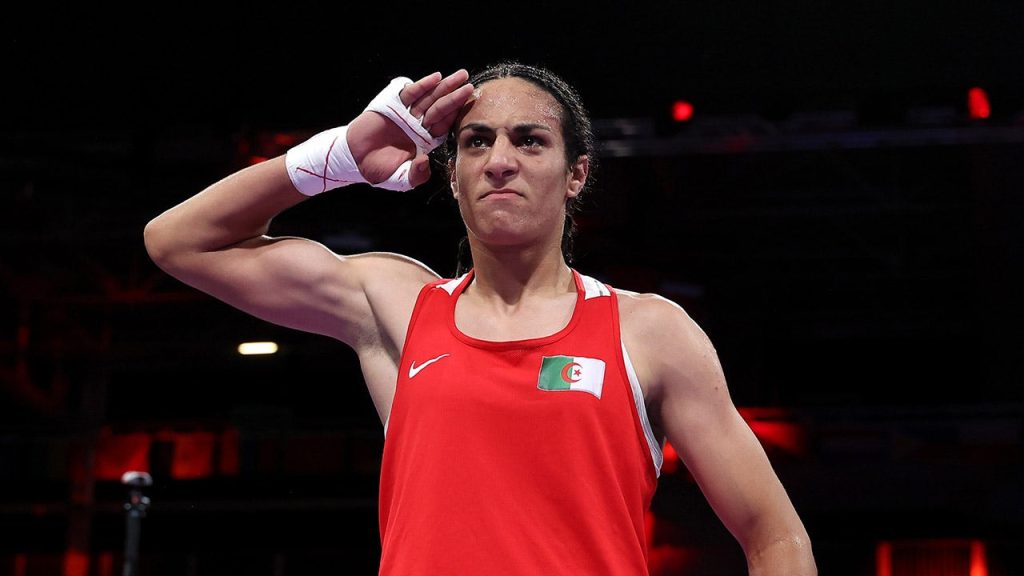The Associated Press’s selection of Caitlin Clark as the 2023 Female Athlete of the Year was a landslide victory, with the basketball phenom securing 35 out of 74 votes cast by sports journalists. While Olympic gymnast Simone Biles trailed with a respectable 25 votes, the inclusion of Olympic gold medalist boxer Imane Khelif in the voting, garnering four votes, ignited a firestorm of controversy that dominated sports headlines throughout the summer. Khelif’s presence in the women’s boxing competition, despite previously being disqualified from the 2023 World Championships over gender eligibility issues, became a focal point of debate surrounding fairness, inclusion, and the evolving landscape of sports regulations.
Khelif’s disqualification stemmed from a pre-fight medical examination revealing “XY chromosomes,” typically associated with biological males. This revelation sparked outrage and fueled questions about Khelif’s eligibility to compete in women’s sports. The situation was further complicated by the public forfeiture of Italian boxer Angela Carini, who refused to fight Khelif in Paris, citing safety concerns and the potential for serious injury. Despite the swirling controversy, Khelif ultimately triumphed in Paris, securing a gold medal without losing a single round, a feat that further amplified the ongoing debate.
Adding fuel to the fire was the parallel case of Taiwanese boxer Lin Yu-ting, who also won gold in a different women’s weight class in Paris despite a prior disqualification for failing gender eligibility tests. Both Khelif and Yu-ting’s participation in the Paris Olympics became a lightning rod for criticism and raised fundamental questions about the International Olympic Committee’s (IOC) stance on transgender athletes in competition. The IOC defended its decision to allow both athletes to compete, asserting that they were victims of an arbitrary and unfair disqualification by the International Boxing Association (IBA) without due process.
The controversy surrounding Khelif and Yu-ting extended beyond the boxing ring, sparking a broader discussion about the future of transgender athletes in sports. The IOC’s defense of their inclusion, while acknowledging the complexities of gender eligibility in sports, prompted calls for clearer regulations and a more transparent process for determining eligibility. The debate highlighted the delicate balance between inclusivity and fair competition, with opinions ranging from full inclusion to strict adherence to traditional gender classifications.
The reverberations of the controversy continued even after the conclusion of the Paris Olympics. Carini, upon winning her eighth Italian women’s boxing title, declared her victory a form of “revenge,” further underscoring the deeply personal and emotional aspects of the debate. Khelif’s prominence in the controversy was further evidenced by the boxer’s status as the most Googled athlete of the year, reflecting the public’s intense interest in the unfolding story and its broader implications for the world of sports.
The Khelif controversy became a microcosm of the larger conversation surrounding transgender athletes in sports, highlighting the need for a comprehensive and nuanced approach to eligibility. The incident exposed the existing ambiguities in regulations and the challenges faced by governing bodies in navigating the complexities of gender identity in a competitive environment. The debate surrounding Khelif’s participation, and the subsequent fallout, underscored the urgent need for a more inclusive and equitable framework that protects the rights of all athletes while ensuring fair and meaningful competition.


